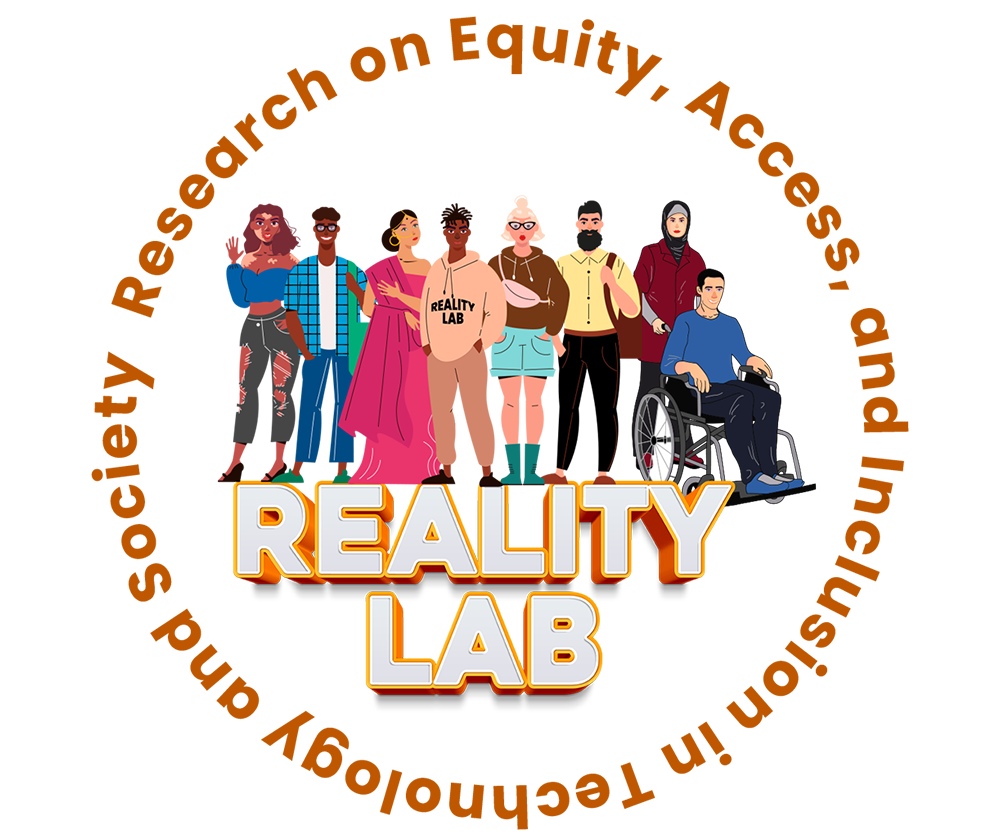Why We Exist
As the world becomes increasingly reliant on data and technology across domains, we also see a greater divide in who has access and who may benefit from the outcomes. We also witness and raise questions about the ethical design and application of technology that disproportionately benefits one or more select populations over others, creating an injustice against those who lack the resources to address the disparities. Thus, this group serves as a hub for researchers to collectively explore and address the injustices by leveraging data and information to support those who are disadvantaged by the disparity in the digital era.
While there is interest in the space of Social Justice Informatics, there is still a lack of knowledge as to what, and how, in our research, teachings, and design (of technology). For instance, we speak about equity but do not properly operationalize equity in our practices. Further, there is a lack of training and preparation for integrating intersectionality within the domain of technology research, design, and development. This may unintentionally lead to outcomes that do not serve the needs of ALL stakeholders of interest. Finally, the goal of equity and inclusion is not achievable without ALL members of the UT Austin community being empowered and equipped with the skills, technical and soft, to lend their voice in addressing social injustice in the community.
Who
The REALITY Lab welcomes undergraduate Social Justice Informatics students as well as graduate (MS and Ph.D.) students within the School of Information (iSchool). Additionally, we welcome and support the growth and training of the University of Texas at Austin students interested in working within the field of social justice. As the lab is a space for growth, we encourage students who do not see their specific research interests represented to discuss their passion for the field in order to see what opportunities are available.
We also are interested in collaborations and affiliations with faculty and researchers within and outside of the School of Information.
Goals
- Promoting Social Justice
- Centering communities to mutually support aims
- Critically examine the harm that technology can perpetuate
- Meaningful and Impactful Collaborations
- Explore social justice across various domains through collaborations, within and outside of the iSchool
- Guidance and Mentorship
- Train and develop aspiring scholars to critically analyze and tackle issues in social injustice informatics
- Establish mentorship within the community to produce a collaborative, cooperative learning environment
- Explore various methods to empower populations of interest and support research goals
